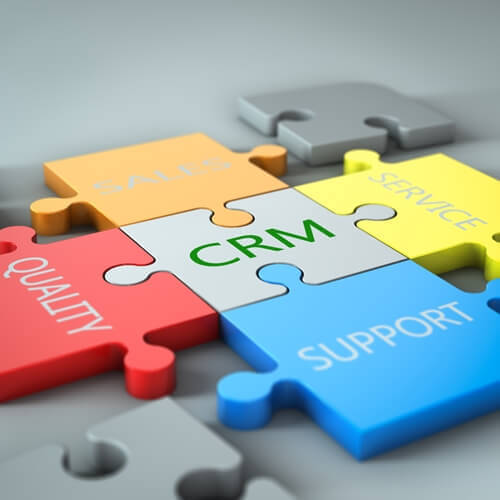Among companies that deal heavily with customer service, handling a wide variety of inquiries from consumers at many different points within the "sales funnel," it's more important than ever to pay attention to data quality. Many of these organizations have invested in customer relationship management solutions, which enable them to easily collect and store knowledge about value patrons.
The trouble with CRM, though, is that it's useless when the information it houses is inaccurate. Imagine trying to field a phone call or email from a customer using faulty data - you might be completely unable to help them, or worse yet, you could offend them.
It's therefore vital that companies do more to clean up their CRM databases and save themselves from any of these headaches. According to Mullikin.net, this requires paying attention to a wide range of different elements of any consumer data set. Marketing strategist Jami Mullikin says flawed data can be a killer.
"Regardless of the strength of your CRM system, it is critical to understand that the people involved in the process will be the key factor in the integrity and accuracy of the data the system provides," Mullikin stated. "When I was a CRM consultant, we asked our clients to make sure that all parties involved hold the integrity of the data to the highest priority. Without accurate data, the accuracy of your system is flawed."
With that in mind, there are a few important elements to look out for. Make sure they're accurate:
Contact information
Every entry in a CRM database includes some basic hard information, and it's absolutely vital that you get it right. People's names and addresses are a bare minimum, as getting either one wrong can be catastrophic. A misspelled name could offend someone, and a wrong address could result in a mailing that isn't sent.
Relationship and lead type
Companies should also make sure they understand who they're working with in CRM. Is a given contact person a business owner or a lower-level employee? Are they a marketer or a salesperson, or something else entirely? What relationship do they have with the company?
Actions you've taken
What's equally important is knowing what kind of history you have with a given client. Have you bought or sold something with this person before? Are you in the process of negotiating something? Having comprehensive data can help companies understand their current relationships and make better decisions moving forward.




